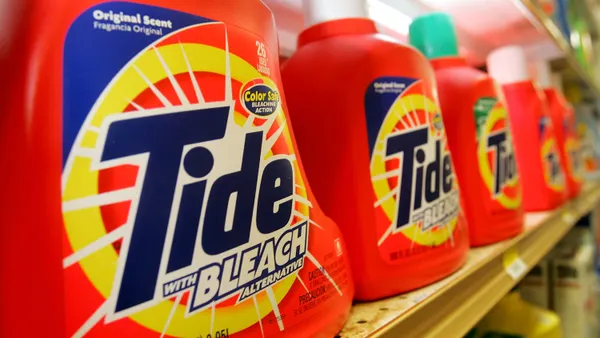Dive Brief:
- More than half of consumers distrust or are not confident in the reliability and impartiality of artificial intelligence (AI) search and summary results, and an even greater percentage wish they could turn them off, according to research from Gartner.
- According to a survey of 377 consumers, 53% said they do not have confidence in the results of AI-informed searches, and 41% said they felt the generative AI overviews provided by traditional search engines are more frustrating than traditional search methods. Moreover, 61% of respondents said they wished there were an option to toggle the AI summaries off.
- Nevertheless, 51% of consumers admit AI is impacting how they search for products and services, with more than a third saying they rely on the AI summaries that answer traditional searches for information.
Dive Insight:
Gartner’s findings indicate that as much as AI-powered results – and in particular the summaries that are now appearing at the top of results pages – have changed the search landscape, their influence on product research is relatively limited. While a majority of consumers who use search engines for product research use AI-backed results to some extent, only 10% use those results exclusively. Meanwhile, 42% use a combination of AI overviews and traditional results.
“AI-powered results remain a pivotal evolution in the search landscape, but it is critical to understand its specific purpose, at present, within the consumer search journey,” according to the report.
The key is that consumers use search engines in different ways, from researching new products and services (70%) to comparing products and services (62%) to looking for ideas and inspiration about what to buy (44%). They consider the AI overview summaries most useful in the the top of the funnel discovery phase, regardless of whether they do or do not have specific brands in mind, according to Gartner. The value of these summaries drops as the consumer moves further down the funnel.
Gartner recommends marketers take an approach that optimizes for both traditional SEO-based search and the new AI-led Answer Engine Optimized (AEO) search. To do so, brands should publish in-depth, well-researched content and prioritize formats such as FAQs and lists that can be easily extracted by both traditional search engines and AI-powered ones.













